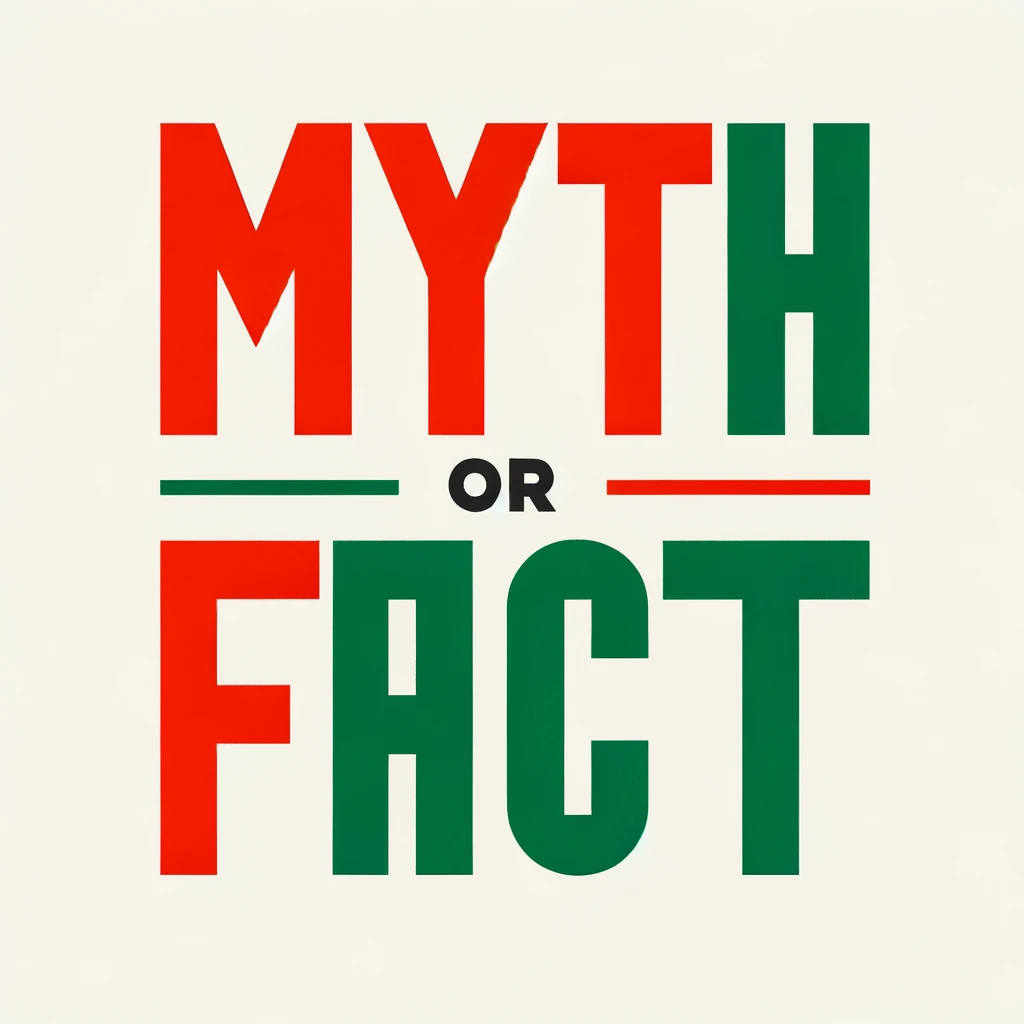
Navigating the complex world of nutrition can often feel like trying to find a path through a thick fog. With a barrage of conflicting dietary advice bombarding us daily, it’s easy to become overwhelmed and make less-than-optimal food choices. But why is it crucial to clear the air and debunk these pervasive nutrition myths? Here’s why lifting the veil on misinformation is more than necessary—it’s essential.
1. Empowerment Through Education
One of the most powerful tools at our disposal is knowledge. By debunking common nutrition myths, we empower ourselves to make informed choices about our health. In my past, I too was misled by myths around protein consumption, I mistakenly believed that the best protein came from animal sources. Understanding the truth allows us to forge a healthier relationship with food—one based on understanding rather than fear. For example avoiding fruit because of the sugar content like I discussed in Fruit Nutrition Myths Unveiled.
2. Science Over Sensation
Much of the nutritional misinformation comes from sensational headlines or misinterpreted research. By revisiting the science behind these claims, we prioritize evidence over hype. This scientific grounding helps us avoid the pitfalls of fad diets and unproven health trends, steering us towards truly beneficial nutritional practices.
3. Cultural and Personal Relevance
Nutrition is not a universal script that everyone should follow to the letter. What works for one person may not work for another, and dietary needs can vary dramatically across different cultures and lifestyles. By dispelling myths, we can customize our diets to better reflect our individual health needs and cultural backgrounds, ensuring that the advice we follow is genuinely effective.
4. Preventing and Managing Chronic Diseases
Diet plays a pivotal role in preventing and managing chronic diseases. Misinformation can lead to dietary choices that exacerbate health issues like diabetes, heart disease, and obesity. One of the most common dangerous myths that is perpetuated is avoiding carbs. In fact carbohydrate containing foods can be the most nutritious and actually prevent disease when consumed in their unprocessed form. Armed with accurate information, we can make choices that significantly improve our health outcomes. For instance, understanding the critical role of dietary fiber can revolutionize our approach to managing diabetes and enhancing heart health.
5. Sustainability of Dietary Choices
When we’re misinformed, our food choices can be both unhealthy for us and unsustainable for the planet. Dispelling myths promotes a more sustainable approach to eating that benefits our health and the environment. A well-informed public is more likely to adopt sustainable diets such as the whole-food, plant-based (WFPB) diet, which supports both personal health and ecological well-being.
conclusion
The goal of unveiling nutrition myths is not to dictate a rigid eating regimen but to clarify confusion and highlight science-backed information. In my upcoming course, “Whole Life Nourishment: The E.A.T. Blueprint for Balanced Living,” we will explore these topics in depth, providing clear, actionable advice to help you navigate the complex world of nutrition.
As we embark on this journey together, remember that knowledge is power. Armed with the right information, we can make choices that nourish our bodies and minds, setting the stage for a healthier future—one myth at a time.

